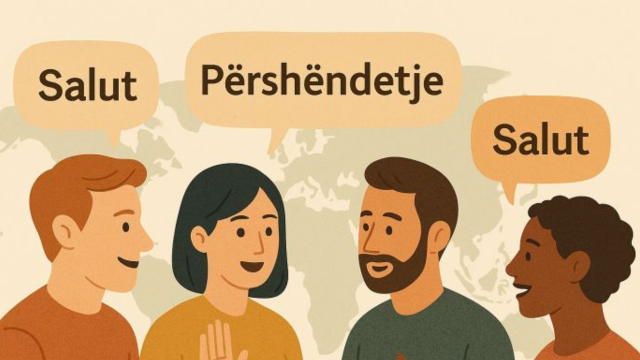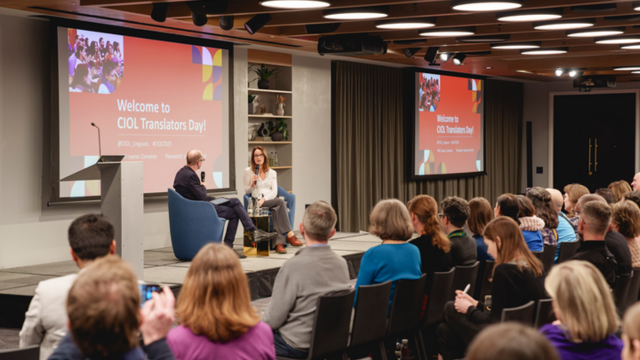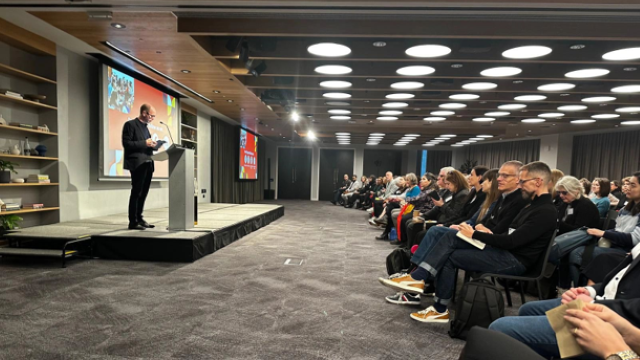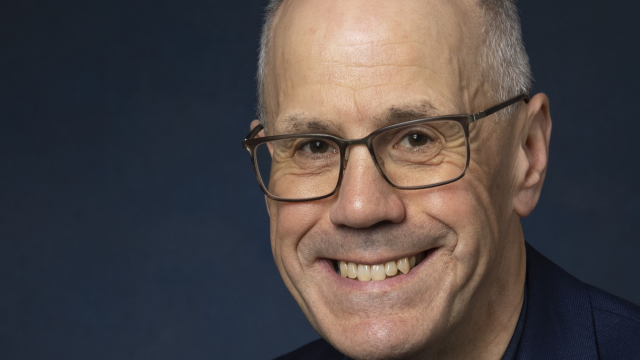-
QUALIFICATIONS
- For Linguists Worldwide
- For UK Public Services
- Preparation
- Policies & Regulation
-
MEMBERSHIP
- Join CIOL
- Membership grades
- NEW for Language Lovers
- Chartered Linguist
- Already a member?
- Professional conduct
- Business & Corporate Partners
-
ASSESSMENTS
- For Second Language Speakers
- English as a Second Language
-
EVENTS & TRAINING
- CPD, Webinars & Training
- CIOL Conference Season 2025
- Events & Networks
- CIOL Mentoring
-
NEWS & VOICES
- News & Voices
- CIOL eNews
- CIOL Awards
- The Linguist
- Jobs & Ads
-
RESOURCES
- For Translators & Interpreters
- For Universities & Students
- Standards & Norms
- CIOL & AI
- All Party Parliamentary Group
- In the UK
- UK Public Services
- Find-a-Linguist
Who Has the Right to Translate?
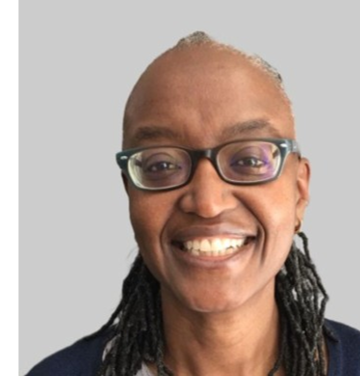
Chartered Linguist and Linguist Editorial Board member, Bokani Hart, wrote recently on medium.com on the ethics of translation, neutrality and engendering positive social change. Medium also hosts Global Literary Theory which Bokani recommends for more resources. An extract from her article is below, to read the full article click here.
In ‘Ethics’, Moira Inghilleri (2020) points out that ethics and ethical practice in the humanities and social sciences have always been key concerns for translators and interpreters. According to John Victor Luce (1992), the word “ethics” is derived from a Greek term meaning “things pertaining to ethos, i.e. to character”, which originally applied to moral codes of conduct linked to religion.
In Translation Studies, the concept of ethics has evolved to focus on the rights and wrongs of translation practice. However, as Inghilleri points out, exact definitions of ethical practice and approaches are highly contested. This is demonstrated by the contested field of “translator ethics,” which focuses on professionalism and professional codes of conduct. Anthony Pym (2001), for example, argues that ethics should always be grounded in reality rather than in idealised notions of neutrality and impartiality.
In describing the ethical dilemmas facing activist, professional and academic communities, Boéri and Delgado Luchner (2021) focus on the “ethics of positionality” and the “ethics of organisation”. The former describes the tension between impartiality and engagement and the latter the tension between professional expertise and local knowledge. In their view, the ethics of positionality successfully undercuts the presumed neutrality of professionalism and empowers activist translators and interpreters to actively engage with socio-political issues.
Joanna Drugan and Rebecca Tipton (2017) examine the emerging link between translation ethics and social responsibility, which Drugan (2017) defines as a translator or interpreter’s “responsibility to the broader social context beyond the immediate translated encounter”. For Karen Bennett (2021), social responsibility “brings ethics down from its rather rarefied and abstract philosophical plane to the level of the individual translator working on a particular text in a particular context”.
Mona Baker and Carol Maier (2011) highlight the growing recognition that translators and interpreters have an ethical responsibility to their local communities and wider society, which overrides their responsibility to their clients and other stakeholders.
In responding to the debate provoked by her essay, Susam-Saraeva acknowledges that positionality matters, but insists that what matters more are translators, interpreters, editors and publishers who are diverse, representative and ethically responsible.
My experience as well as my reading have shown me that when it comes to refugees, asylum seekers and other migrant communities, translators matter. Their translation strategies not only challenge the negative stereotypes targeting these vulnerable and marginalised communities; they also promote an activist agenda that fosters socio-political change.
Bokani Hart is a French/English Translator and Interpreter and Chartered Linguist specialised in Nuclear Safety, International Peace & Security, Humanitarian Action, Human Rights and Sustainable Development
Views expressed on CIOL Voices are those of the writer and may not represent those of the wider membership or CIOL.
Filter by category
More
The Chartered Institute of Linguists (CIOL), Incorporated by Royal Charter, Registered in England and Wales Number RC 000808 and the IoL Educational Trust (IoLET), trading as CIOL Qualifications, Company limited by Guarantee, Registered in England and Wales Number 04297497 and Registered Charity Number 1090263. CIOL is a not-for-profit organisation.

